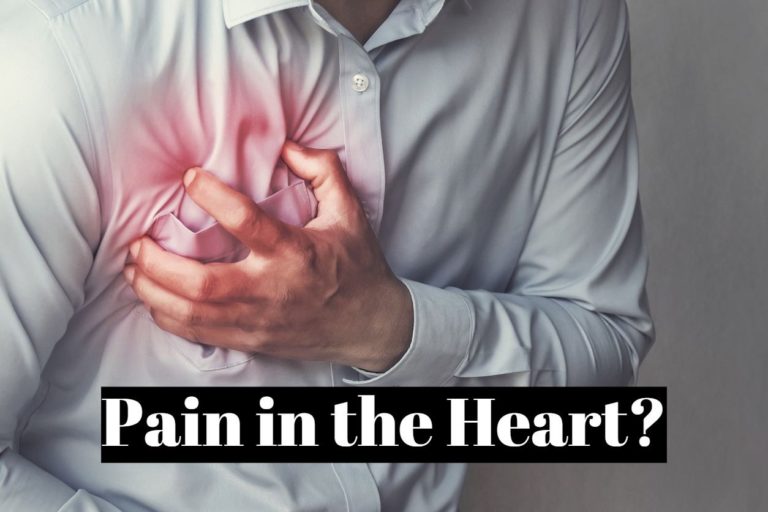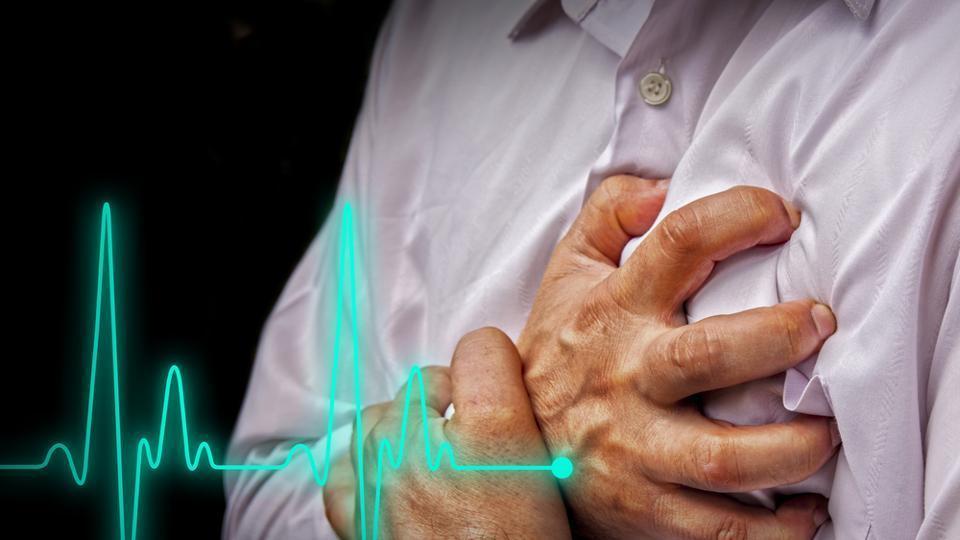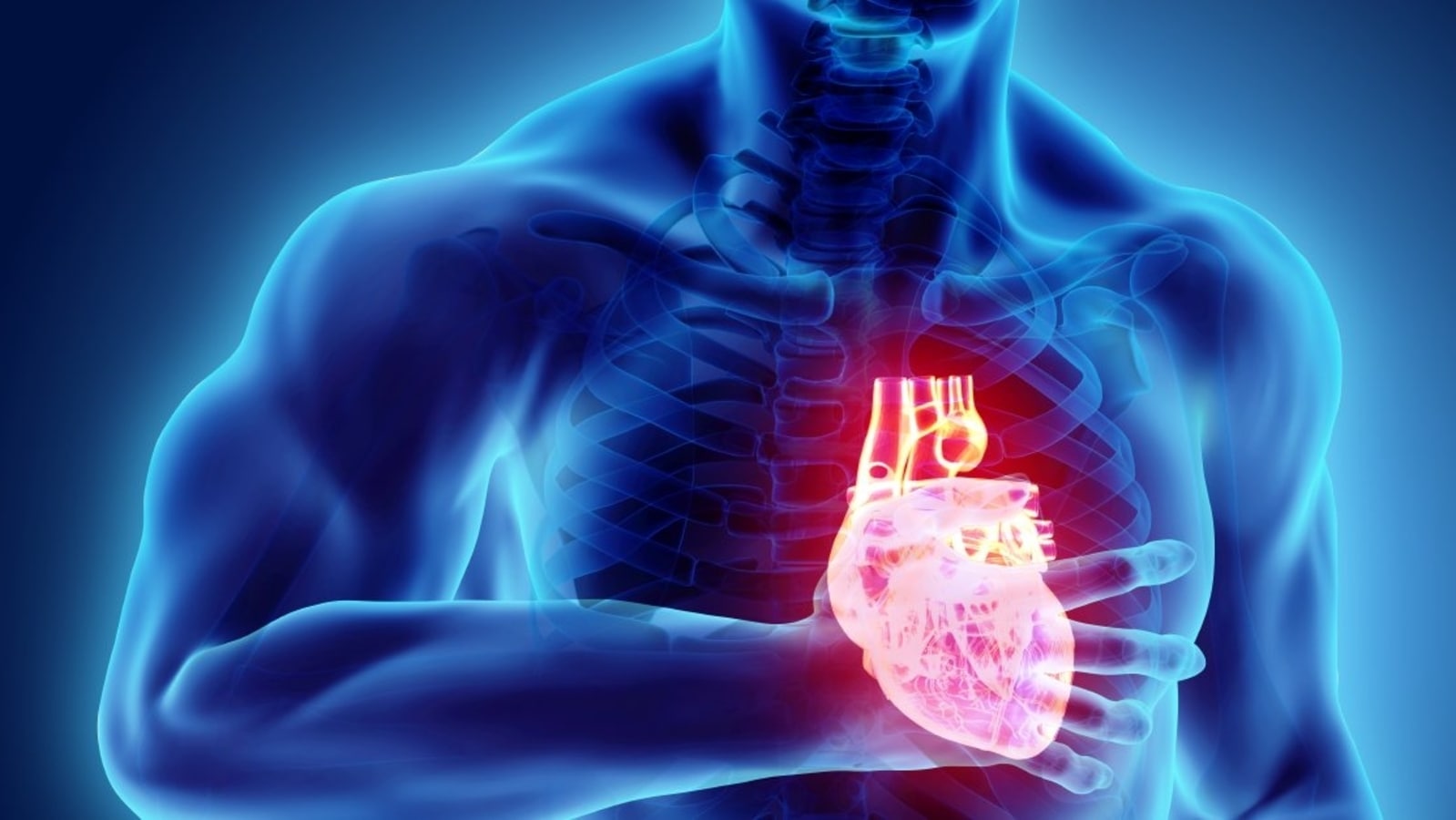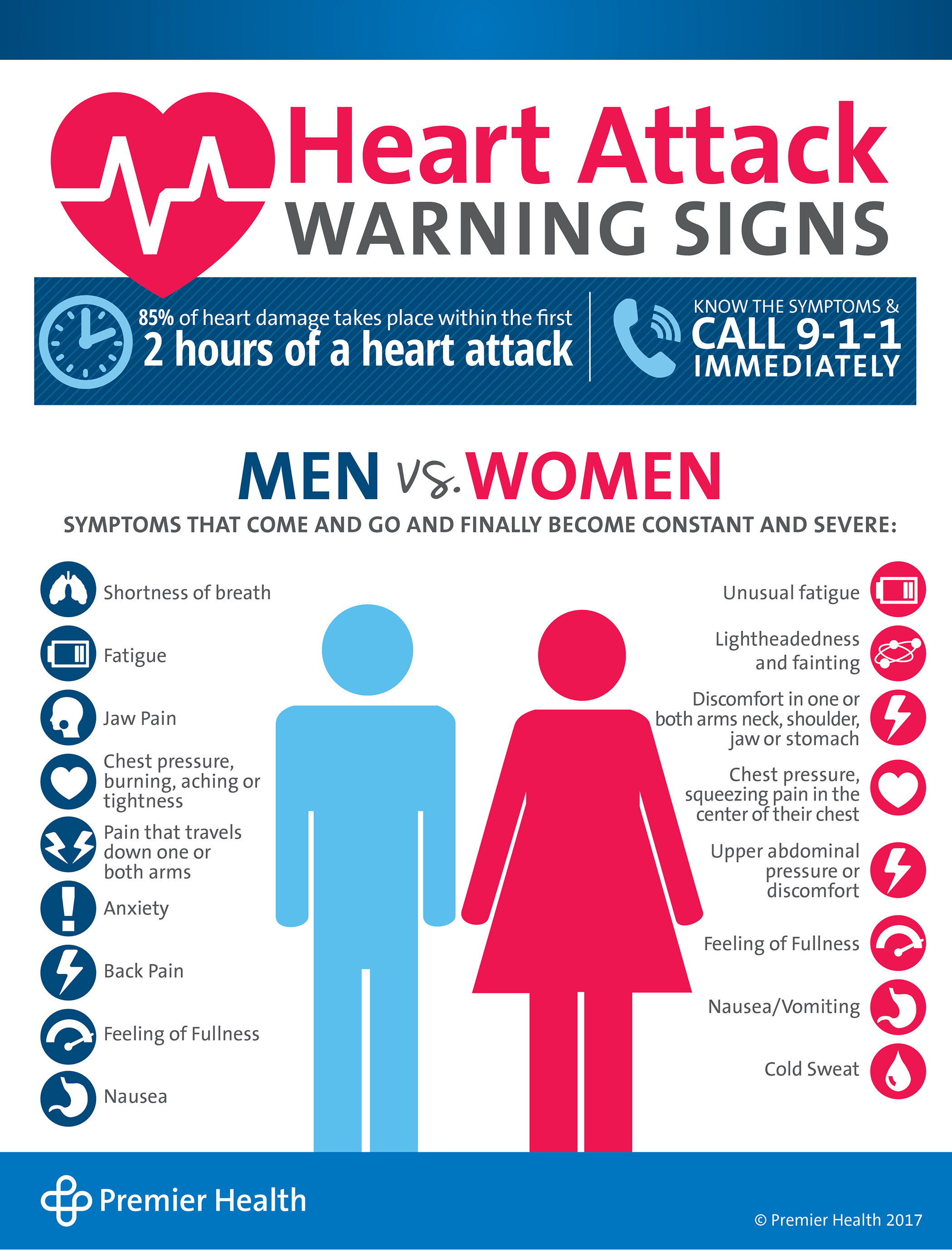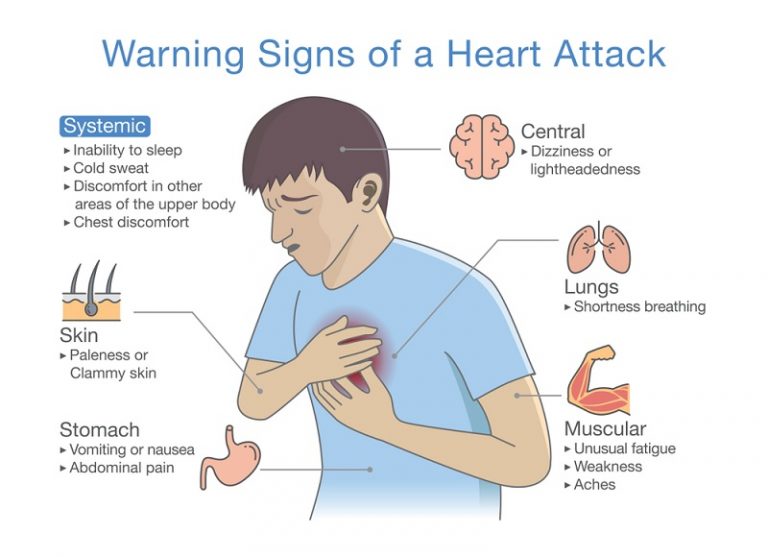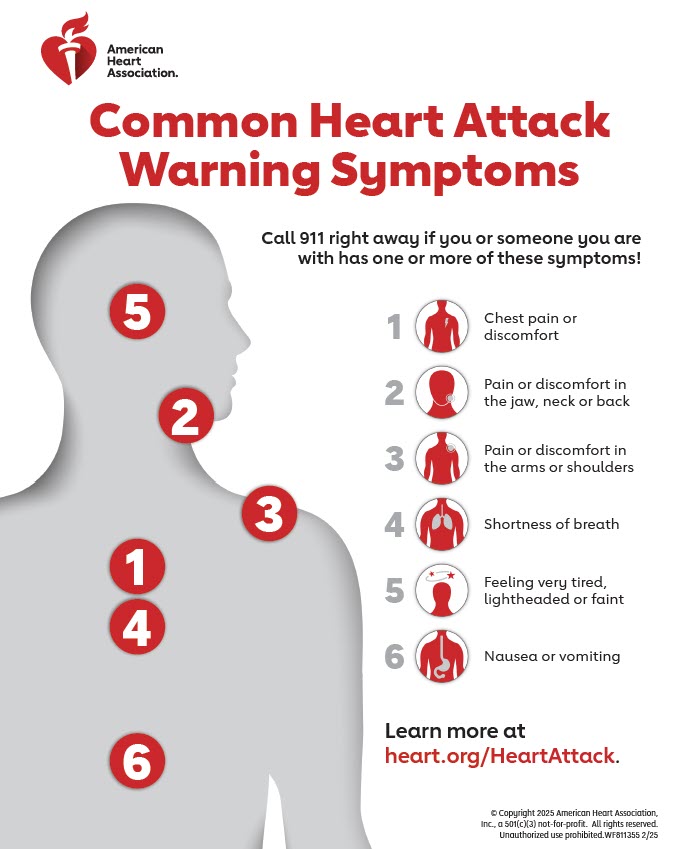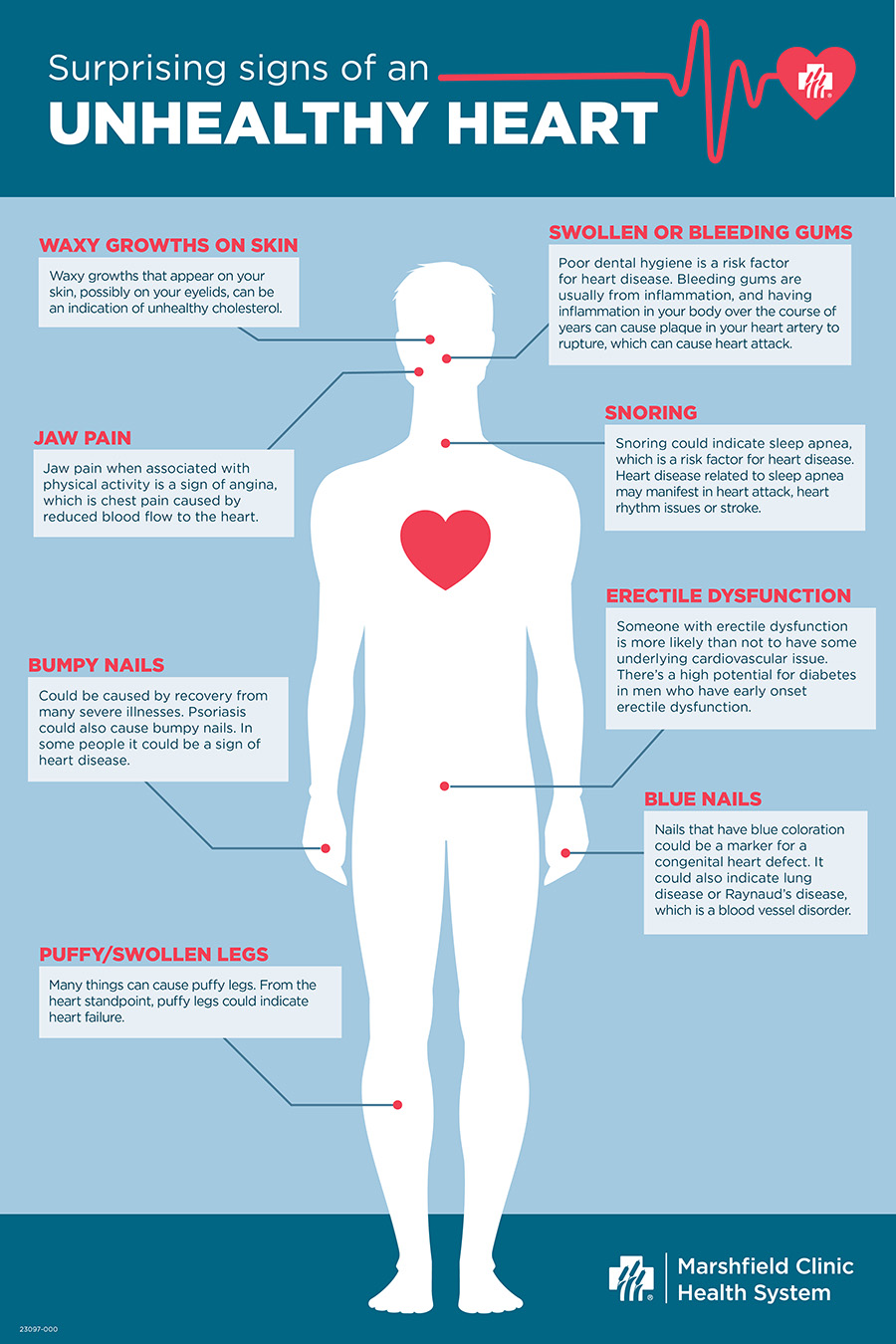Fine Beautiful Tips About How To Tell If You Have A Heart Problem

But, as the blockage worsens, it can cause symptoms such as chest.
How to tell if you have a heart problem. Electrocardiogram (ecg or ekg). But some people may not have any symptoms before they're. Women experience different symptoms than.
The most common symptoms of coronary heart disease (chd) are chest pain (angina) and breathlessness. Angina (chest pain) dyspnea (trouble breathing) weakness or fatigue with normal activity fainting or lightheadedness edema (swelling) in the abdomen, ankles, or.
Pain, numbness, weakness or coldness in the legs or arms if the blood vessels in those. High levels of niacin, an essential b vitamin, may raise the risk of heart disease by triggering inflammation and damaging blood vessels, according. Some people say it feels like.
What are the warning signs of a heart attack? By linda carroll. They include chest discomfort, arm, neck and jaw pain, shortness of breath, and more.
Here are the target resting heart rate ranges for various. A partial blockage of a coronary artery may not cause noticeable symptoms. You may feel pressure or tightness in your chest.
Heart disease is often viewed as a male problem, despite it also being the leading cause of death in women. However, it is important to remember that not everyone will. An electrocardiogram (ecg) is a test that records the electrical activity of the heart.
After it is put in, the pacemaker monitors your heart's electrical activity. Shortness of breath. Coronary artery disease can lead to heart attack, abnormal heart rhythms, and heart failure.
Nausea, indigestion, heartburn, or stomach pain 3. An ecg is a quick and painless test that records the electrical signals in the heart. Pain in the neck, jaw, throat, upper belly area or back.
Sweating, shortness of breath, nausea, dizziness, and fatigue are among the other possible symptoms. Also, stress drives an increase in catecholamines, hormones made in. Pressure or tightness in your chest (rather than pain).
You feel dizzy or lightheaded 5 min read if something went. Pain that spreads to the arm 4. In general, healthy adult heart rates range from 60 to 100 beats per minute, but ranges also depend on age.


